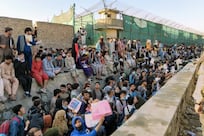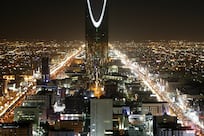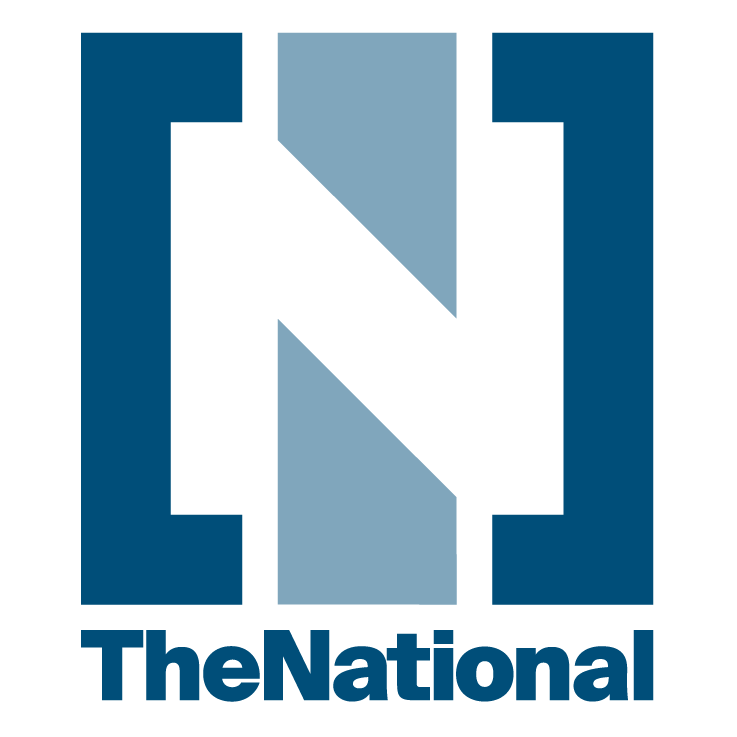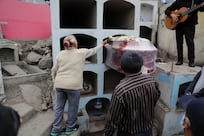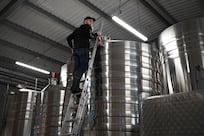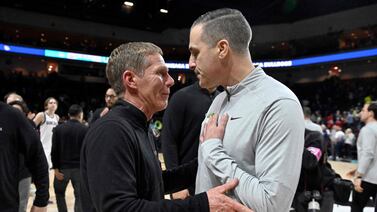Two Hezbollah members were sentenced to five life sentences each in their absence for the 2005 assassination of former Lebanon prime minister Rafik Hariri.
The UN-backed Special Tribunal for Lebanon carried out the sentencing on Thursday in what could be the cash-strapped body's final act.
The court, based in the Netherlands, found Habib Merhi and Hussein Oneissi guilty on appeal in March over the bombing that killed Hariri and 21 others and injured 226.
But they are unlikely to ever spend time behind bars because Iran-backed Hezbollah, the Lebanese Shiite militant group and political party movement, has refused to hand over the pair or a third man, Salim Ayyash, who was sentenced to life in prison in 2020.
The tribunal, which is estimated to have cost between $600 million and $1 billion since it opened in 2009, has given a warning that it will close soon due to a shortage of funds.
Billionaire Hariri, who was from the Sunni community and had stepped down as Lebanon's prime minister in October 2004, was killed in a February 14, 2005, suicide blast aimed at his armoured convoy on the Beirut seafront.
The attack sparked protests that drove Syrian troops out of Lebanon after a 29-year deployment.
The court was born out of a UN Security Council resolution and eventually tried four suspects — Ayyash, Merhi, Oneissi and Assad Sabra — in absentia
The case relied almost exclusively on circumstantial evidence in the form of mobile phone records that prosecutors said showed a Hezbollah cell plotting the attack.
The tribunal originally convicted Ayyash and cleared the other three men.
It said there was no direct evidence of Damascus or its ally Hezbollah's involvement, but that the attack probably involved state actors and that the state with most to gain was Syria.
But in March it found Merhi and Oneissi guilty after an appeal by prosecutors, saying the original trial judges had "erred" by saying there was a lack of evidence. They upheld the acquittal of Sabra.
All three convicted men remain at large as Hezbollah leader Hassan Nasrallah has refused to hand over any of the suspects or to recognise the court.



